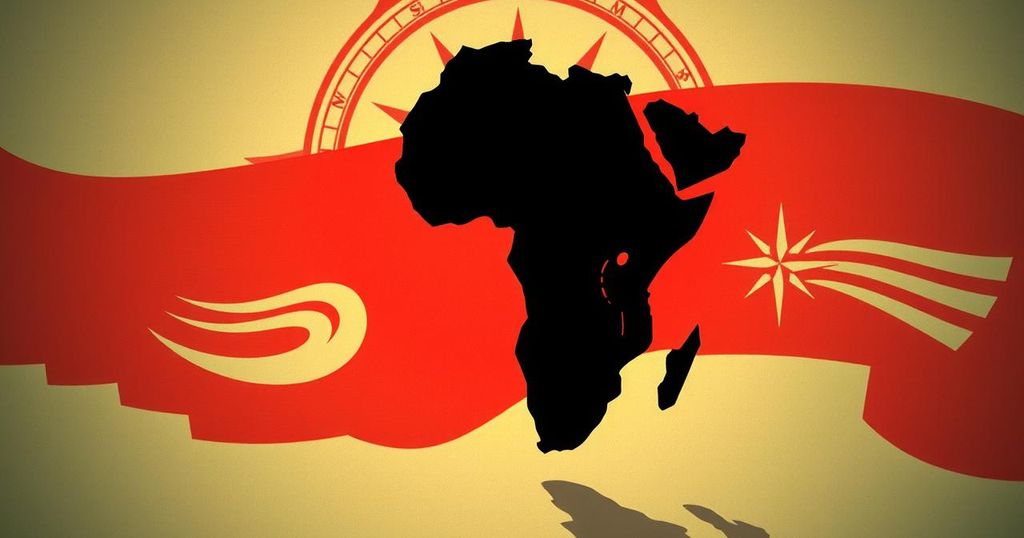Kenyan Politicians Threaten Exit from AU Following Odinga’s Chair Race Loss

Following Raila Odinga’s loss in the African Union Commission chair race, his supporters have considered withdrawing Kenya from the AU. Djibouti’s Mahmoud Youssouf won the election amidst intense competition. Notable leaders like MP Peter Kaluma and Senator Ledama Olekina have called for a reconsideration of Kenya’s role in the AU, citing deeper structural concerns.
In the aftermath of former Prime Minister Raila Odinga’s defeat in the election for chairperson of the African Union Commission (AUC), his supporters have suggested that Kenya should consider withdrawing from the African Union (AU). The election took place during the 38th Ordinary Summit of Heads of State and Government in Addis Ababa, Ethiopia, where Djibouti’s Foreign Affairs Minister, Mahmoud Youssouf, won the position after a lengthy voting process.
Odinga’s candidacy faced significant competition, particularly from Youssouf and Richard Randriamandrato, Madagascar’s former Foreign Affairs Minister. Following the electoral outcome, there has been a significant backlash among Odinga’s supporters, prompting discussions on Kenya’s membership and role within the AU. Prominently, Homa Bay Town MP Peter Kaluma has expressed strong views advocating for Kenya’s exit from the AU, emphasizing potential withdrawal from the East African Community (EAC) as well.
Alego Usonga MP Samuel Atandi has echoed these sentiments, suggesting that Kenya needs to reconsider its financial contributions to the AU, calling for a possible reduction in funding and contemplating a withdrawal. This growing discontent indicates deeper dissatisfaction with the AU’s structures and its capacity to align with the interests of member states.
Senator Ledama Olekina of Narok has also weighed in, noting President William Ruto’s support for Odinga while urging a critical reassessment of AU structures. He provocatively questioned, “Why not divide the African Union into two?” to address perceived failures in the organization’s effectiveness.
It is essential to highlight that the election procedure for the AUC chairperson is conducted solely among member states, devoid of military influence; the role rotates amongst the AU’s five regions, with the Eastern region nominating the chair for this cycle.
The reactions following Raila Odinga’s defeat in the AUC election highlight significant tensions within Kenya regarding its role in the AU. The calls for reevaluation of Kenya’s membership and financial commitments reflect broader concerns about the AU’s efficacy in serving its member states. As political discussions continue, the future of Kenya within the AU remains uncertain, particularly amidst strong advocacy for potential withdrawal.
Original Source: www.mwakilishi.com







